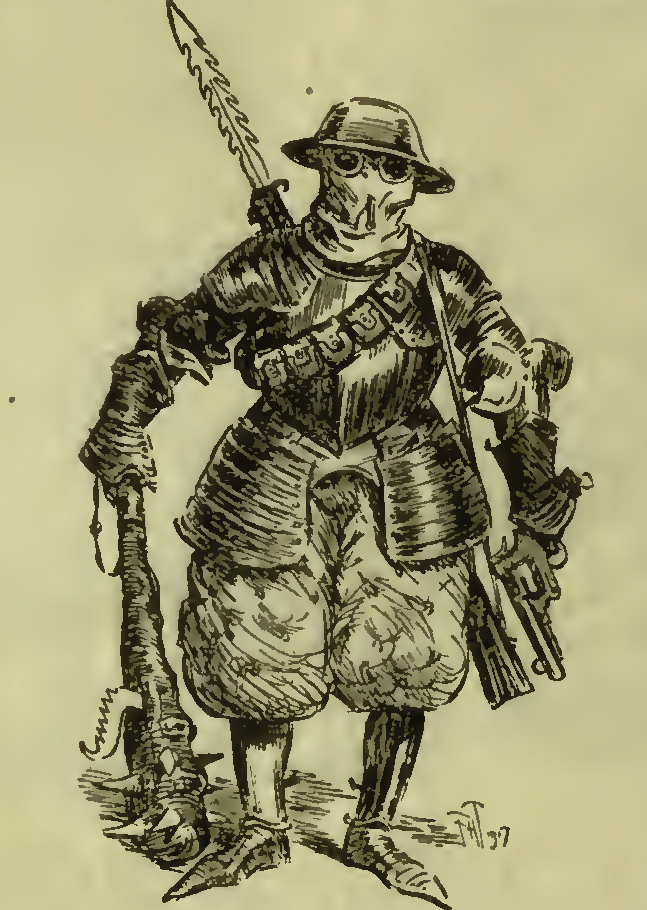Irish Convention to meet to decide country’s fate
Dublin, 18 May 1917 - The Prime Minister, David Lloyd George, has proposed the establishment of a convention of all Irishmen to produce a constitution for the future government of Ireland.
The suggestion comes as Mr Lloyd George forwards a new set of proposals to the nationalist and unionist parties that suggest drafting a bill for the immediate implementation of Home Rule, excluding the six Ulster counties for a period of five years.
After those five years have passed the position will be reconsidered, assuming partition has not been terminated prior to that date. The bill will provide for a representative Council of Ireland to sit during this time in order to arrive at a compromise acceptable to the majority.
Ireland 1912-1916: An Animated History from Home Rule to Easter Rising by Scriberia Films
‘Immense evil’
In making the proposals, the Prime Minister said that the
government had been considering for some time what further actions
it might take to bring about a settlement of the Irish question.
He professed to having a ‘deep desire’ to ‘put
an end to a state of affairs which is productive of immense evil,
not only to Ireland, but to Great Britain and the Empire.’
There is no optimism that the proposals will succeed, however. Both the Ulster Unionists and the Irish Parliamentary Party have rejected the partition proposals. And while nationalists are broadly in agreement with the idea of the convention, unionists are more negative and see little prospect in its success.
[Editor's note: This is an article from Century Ireland, a fortnightly online newspaper, written from the perspective of a journalist 100 years ago, based on news reports of the time.]





















